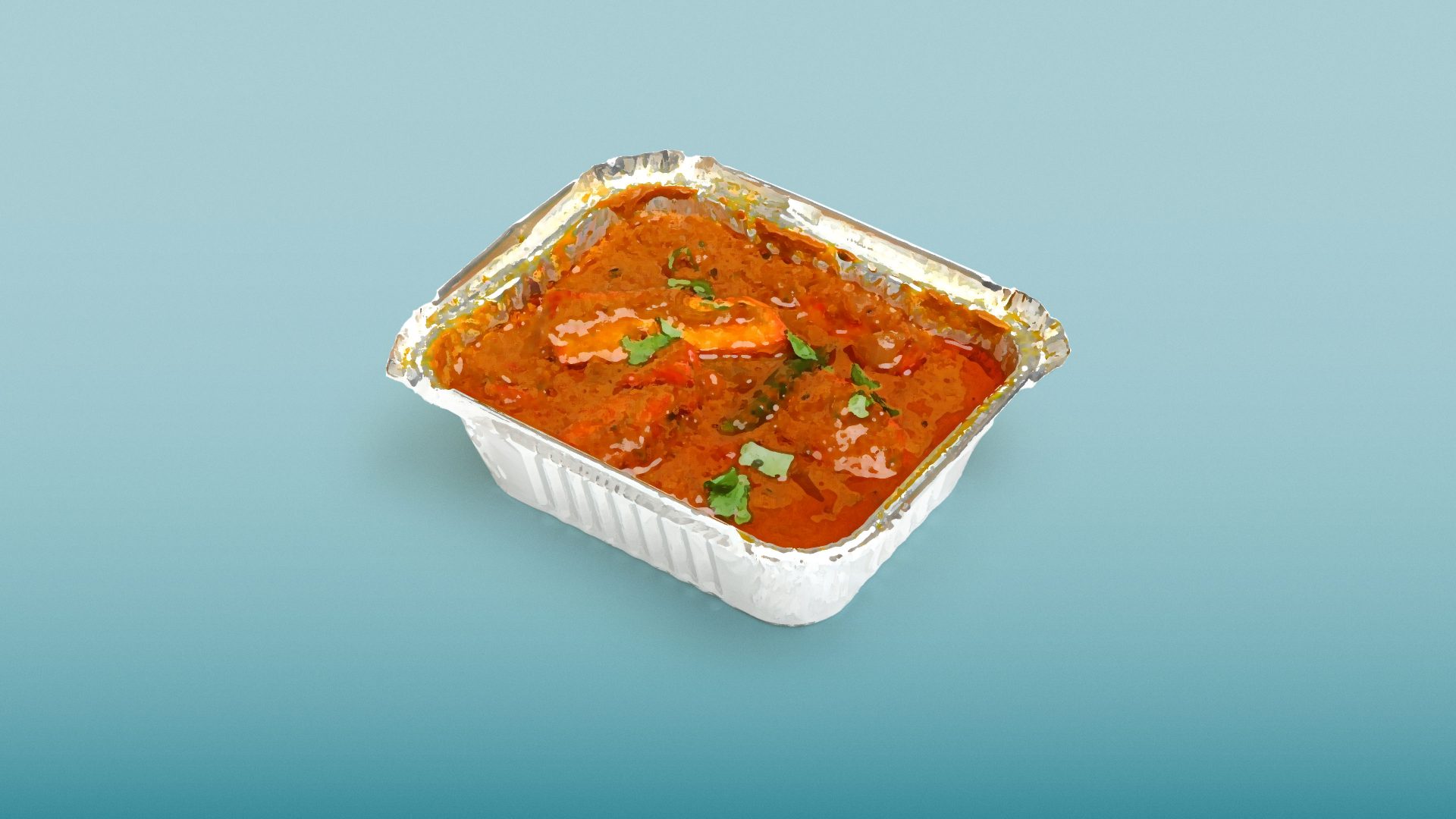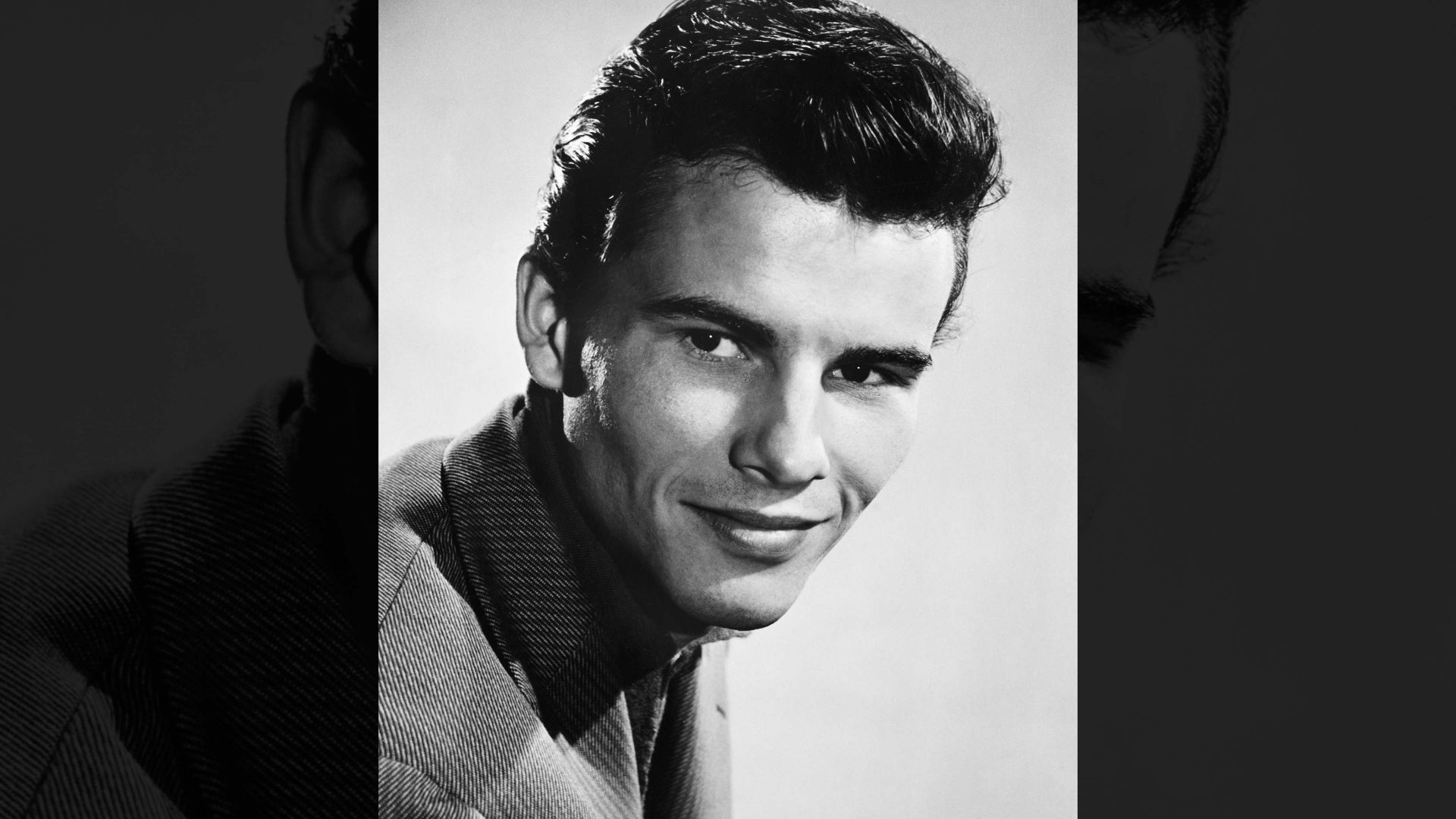Passing by the Middlesex University in Hendon, an affluent suburb in north London, one lunchtime last week, I saw a spick-and-span van pulled up by the kerb, and two young men in white plastic snoods were handing out aluminium containers to passers-by, whether on foot, or, in cars that slowed down to receive this benison through a window.
I strolled over to find out what was what, and discovered they were from Akshaya Patra (which means “inexhaustible spirit” in Kannada, a Dravidian Indian language), a charity founded in Mayapur, a village near Calcutta, by a swami called Prabhupada, who resolved to eliminate child poverty within a ten-mile radius of his ashram, so that poor Indian children could get an education without being hungry.
I’ve seen Akshaya Patra vans in the West End before – doing a food run to the homeless, along with other charitable groups – but this was the first time I’d witnessed them feeding students: I wondered how long it had been going on, and one of the young men told me about a year.
Which is presumably how long it takes an overseas student being charged many thousands for their tuition – or a domestic one, being charged marginally less – to realise they’ve been sold something of a pig in a poke. Albeit a vegan one. I wonder how the incoming vice-chancellor of Middlesex University, Shan Wareing, who, like her predecessor, will be receiving a salary north of £300k pa, feels about her flock being grazed on charity curry.
The cliche always used to be “Think of the starving children in India – they wouldn’t turn their nose up at that cabbage/brussels sprout/spinach”. Indeed, it was such a hoary old method of trying to guilt-trip British children into eating their pulpy, overcooked and so tasteless vegetables, that generations grew up with a callous indifference to the suffering of the subcontinent’s youth: masticating and muttering “Let them have this muck…”
I’ve argued in this column before that all things being unequal in this increasingly turbulent world, while the most dynamic growth continues to be forecast for the ASEAN region (aka south-east Asia), the British government and its people could do worse than humbly requesting of Narendra Modi and his ethno-nationalist BJP regime, that this country be allowed to abrogate its own sovereignty, and become an Indian colony. Obviously, the suggestion was satiric – facetious, even – but now I’ve witnessed an Indian mission to feed hungry British students, well… I’m not so sure. No doubt there are now Indian parents who urge their children to eat up their dal, saying “Think of the students going hungry in Britain.”
I didn’t taste the dal, curry and rice on offer – but it smelt good; and while indubitably pulpy, it’s not in the way of Indian food to be without flavour. Unlike the traditional food of the English poor. It’s around a century since George Orwell was down and out in London, tramping from miserable dosshouse to immiserated cafe, and gathering the material for his extraordinary portrayal of London’s malnourished underbelly.
Orwell paints a picture in tones sepia-to-black: mean little establishments with matchwood-partitioned booths, in which the peripatetic poor could sit for a few minutes out of the cold, eating their staple: tea and two slices. The “slices” in question being of flaccid and anaemic bread, thinly smeared with distempered margarine. The fetishisation of cafe food in the late 20th and early 21st century – in particular the so-called “full English”: a groaning platter of eggs, bacon, sausages and all the trimmings – is just that: for most of its history the proletariat has survived on bread and televised circuses.
The bizarre reversal, whereby the affluent in this society titillate their jaded palates with what they imagine to be the food once consumed by horny-handed sons and daughters of toil is a phenomenon well attested to: Richard Eyre’s 1983 film (screenplay by Ian McEwan) The Ploughman’s Lunch, uses the eponymous snack as a metaphor for the way Thatcherism was then transforming all manner of customs into… commodities.
For Hegel, the master’s adoption of the slave’s culture represented a confirmation of their need for those they have subjugated to validate their dominion: no enslavement = no mastery. The white British middle- and upper-classes tried eating their culture when we were in the EU: no reading Boccaccio, only chewing focaccia. Post-Brexit, they’re trying to confirm their mastery with extra chips and more brown sauce: but eating the slavish proles’ imagined food just confirms this unpleasant truth, as, with each lifted buttock and muted fart, the precipitate decline of the nation’s industrial base is revisited. Meanwhile, their children are being fed mushy veg by the formerly colonised. Truly, since 2016, Britain has been made great again.



